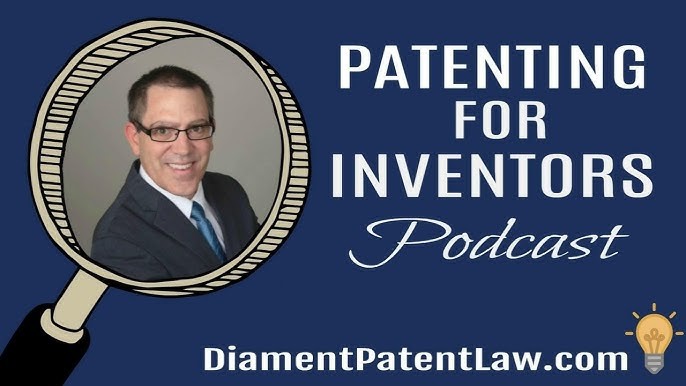In our relentless pursuit of lustrous, strong, and vibrant hair, we often find ourselves drawn to an endless array of topical treatments, shampoos, conditioners, and serums, each promising miraculous transformations. While external care certainly plays a role, the true secret to healthy, resilient hair often lies not in what we apply to our strands, but in what we consistently nourish our bodies with. Our hair, much like our skin and nails, is a direct reflection of our internal health, and a nutrient-rich diet provides the essential building blocks for growth, strength, and shine. Understanding the best foods for healthy hair is not merely a cosmetic concern; it’s an acknowledgment of the intricate connection between our diet and the vitality of our entire body, including the often-overlooked follicles on our scalp.
The fundamental component of hair is a protein called keratin, making **adequate protein intake** absolutely essential for healthy hair growth. Without sufficient protein, hair can become brittle, weak, and prone to breakage, and growth itself can slow down or even cease. Lean meats like chicken and turkey are excellent sources of complete proteins, providing all the essential amino acids necessary for keratin production. For those in Germany, high-quality lean beef, often available locally, is another superb option. Fish, particularly fatty fish like salmon and mackerel, not only offer complete protein but also provide the added benefit of omega-3 fatty acids, which are crucial for scalp health. Vegetarians and vegans can turn to legumes (lentils, chickpeas, beans), nuts, seeds, and tofu, ensuring a diverse intake of plant-based proteins to support robust hair.
Beyond protein, **omega-3 fatty acids** play a pivotal role in maintaining a healthy scalp, which is the foundation for healthy hair. These essential fats nourish the hair follicles, reduce inflammation, and can even help prevent a dry, flaky scalp. Salmon, mackerel, sardines, and herring are prime sources, readily available in many German markets. For those who don’t consume fish, flaxseeds, chia seeds, walnuts, and canola oil offer excellent plant-based alternatives. Incorporating these healthy fats into your daily diet can lead to a noticeable improvement in hair texture and shine, lending that coveted glossy appearance that often signifies health.
Hair growth also critically depends on a host of **vitamins and minerals**, each playing a distinct yet interconnected role. **Biotin**, a B-vitamin, is particularly renowned for its contribution to hair strength and growth. While biotin deficiencies are rare, ensuring adequate intake can certainly support healthy hair. Foods rich in biotin include eggs (ensure yolks are cooked to avoid avidin, which inhibits biotin absorption), nuts, seeds, sweet potatoes, and avocados. Many individuals in Germany enjoy eggs for breakfast, making it an easy addition to their diet.
**Iron** is another vital mineral, especially for preventing hair loss. Iron deficiency, leading to anemia, is a common cause of hair thinning and loss, particularly among women. Iron helps red blood cells carry oxygen to your hair follicles. Excellent sources include lean red meat, spinach, lentils, and fortified cereals. To enhance iron absorption, it’s beneficial to consume iron-rich foods with sources of Vitamin C, such as oranges, bell peppers, or berries. For example, a spinach salad with citrus dressing would be a powerhouse for iron absorption.
**Vitamin C** itself is not just for immunity; it’s a powerful antioxidant that helps protect hair follicles from damage by free radicals. Moreover, it’s essential for the production of collagen, a protein that strengthens hair and prevents it from becoming brittle. Citrus fruits, strawberries, bell peppers, and broccoli are all abundant in Vitamin C, easy to integrate into daily meals.
Furthermore, **Vitamin A**, crucial for cell growth, including hair cells, and the production of sebum (the oily substance that moisturizes the scalp), is important. While too much Vitamin A can be detrimental, consuming it through foods like carrots, sweet potatoes, spinach, and kale ensures a safe and beneficial intake. These brightly colored vegetables are a staple in a balanced diet and contribute to overall health.
Finally, **Zinc** plays a key role in hair tissue growth and repair, and helps keep the oil glands around the follicles working properly. Deficiency can lead to hair loss and a dry, flaky scalp. Good sources of zinc include oysters, beef, pumpkin seeds, lentils, and spinach. Selenium, found in Brazil nuts and whole grains, is also important for maintaining a healthy scalp.
In conclusion, while a myriad of products promise instant results, the journey to truly healthy, vibrant hair begins from within. By prioritizing a balanced diet rich in protein, omega-3 fatty acids, and essential vitamins and minerals like biotin, iron, Vitamin C, Vitamin A, and zinc, you provide your hair follicles with the fundamental nutrients they need to thrive. This holistic approach not only strengthens and nourishes your hair from the root but also contributes to your overall well-being, reflecting outward as a testament to your commitment to health. Remember, consistency is key; just as a garden needs continuous nourishment, so too does your hair, making informed dietary choices an integral part of your long-term hair care regimen.




